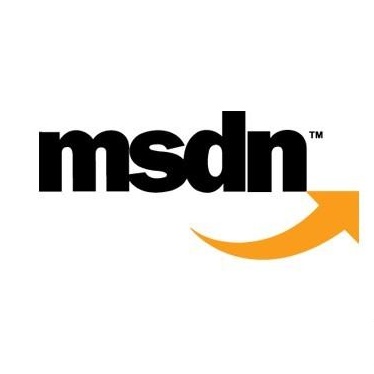Quality of questions and answers from community support websites (e.g. Microsoft Developers Network, Stackoverflow, Github, etc.) is difficult to define and a prediction model of quality questions and answers is even more challenging to implement. Previous works have addressed the question quality models and answer quality models separately using meta-features like number of up-votes, trustworthiness of the person posting the questions or answers, titles of the post, and context naive natural language processing features. However, there is a lack of an integrated question-answer quality model for community question answering websites in the literature. In this brief paper, we tackle the quality Q&A modeling problems from the community support websites using a recently developed deep learning model using bidirectional transformers. We investigate the applicability of transfer learning on Q&A quality modeling using Bidirectional Encoder Representations from Transformers (BERT) trained on a separate tasks originally using Wikipedia. It is found that a further pre-training of BERT model along with finetuning on the Q&As extracted from Microsoft Developer Network (MSDN) can boost the performance of automated quality prediction to more than 80%. Furthermore, the implementations are carried out for deploying the finetuned model in real-time scenario using AzureML in Azure knowledge base system.
翻译:社区支持网站(例如微软开发者网络、Stackoverflow、Github等)的问答质量很难确定,质量问答的预测模型甚至更难以实施。以前的工作分别解决了问题质量模型和回答质量模型,使用了新开发的双向变压器的深度学习模型。我们调查了如何应用“A”质量模型的转让学习,使用了最初使用维基百科培训的来自变压器的双向电解码显示器(BERT)的双向电解码显示器。但发现,对BERT模型的进一步培训,加上对从微软开发者网络(MSN)提取的“ZA”回答网站的微软解答质量质量模型的微调,以及微软开发者网络(MSN)对“A”网站的微调质量模型的微调质量模型,可以促进AA-A级质量预测的实际性能,在A-A-A级质量预测中采用比80的模型。
相关内容
Microsoft Developer Network 微软开发者网络
http:///http://msdn.microsoft.com





